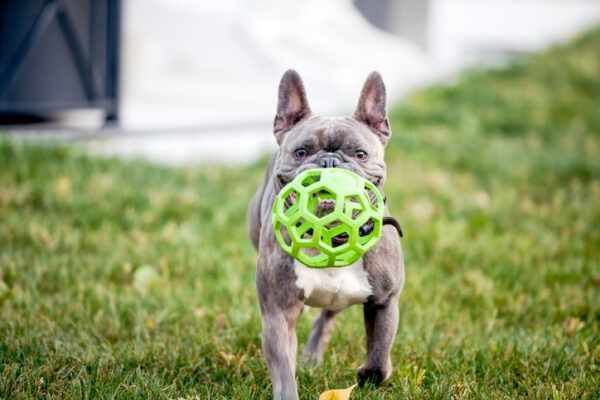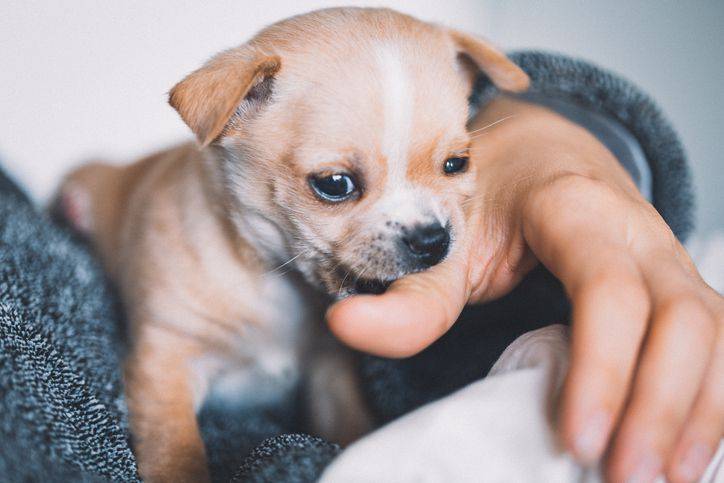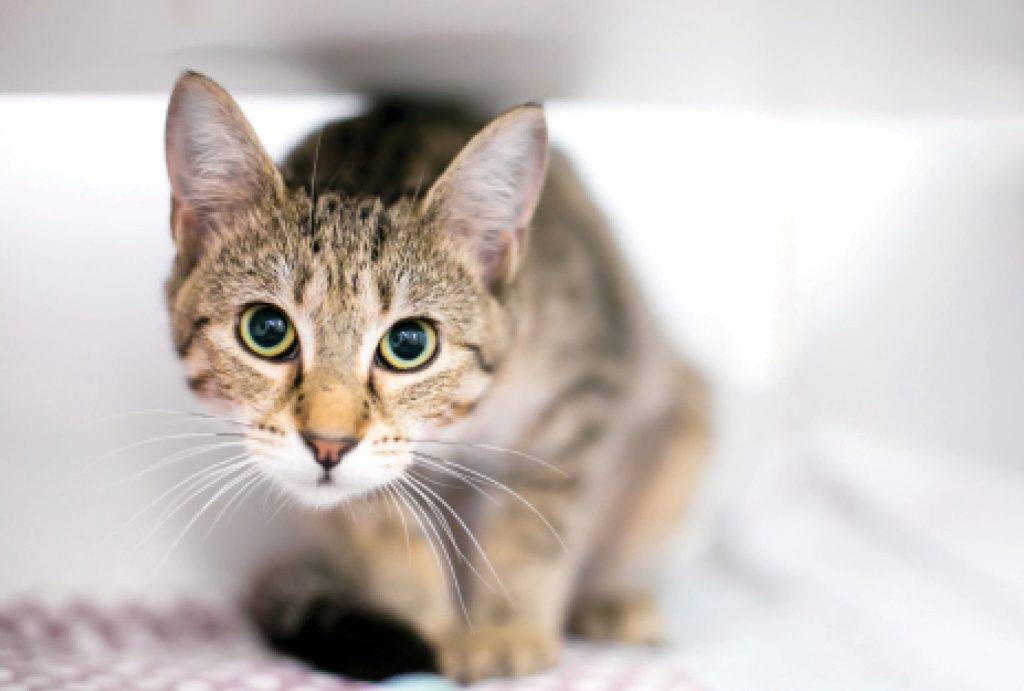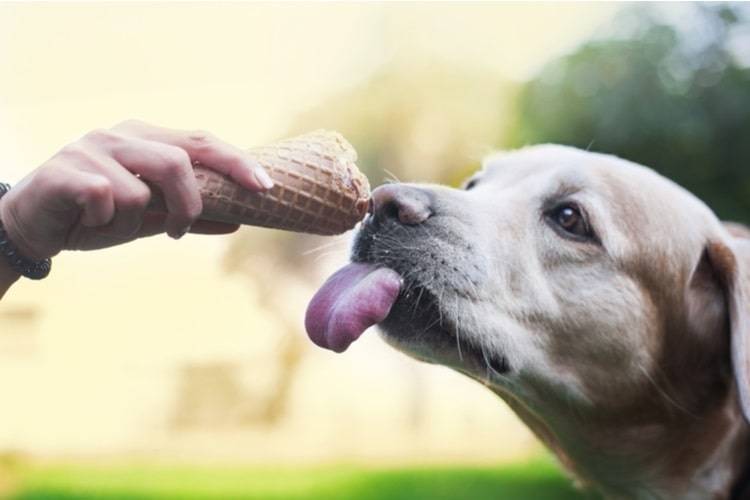[ad_1]
Post Summary:
Puppies bite people and objects for a variety of reasons, including exploring the world through their mouths. Many puppies chew or bite at things to relieve discomfort from teething. Puppy bite training should be something everyone in the family is on board with by consistently gently redirecting your puppy to safe chew toys.
Biting is frustrating behavior for new puppy owners, but the behavior is very natural. Puppies aren’t trying to be mean or destructive when they bite at people or things, they are just exploring the world. That said, it’s important for puppies to learn to keep their mouths to themselves at a young age to prevent behavioral problems in the future: a puppy mouthing or biting is more socially acceptable than an adult dog mouthing at people. Training a puppy not to bite takes a patient and gentle approach.
Why do puppies bite?

Puppies bite people and objects for a variety of reasons, including exploring the world through their mouths. As a result, biting and chewing are normal parts of puppy development. Common reasons that your puppy might be biting you or things around your house include:
- Teething — As they grow and develop, puppies lose baby teeth and their adult teeth grow in. This process often actively happens right around the time that puppies go home to their forever families. Just like how human babies can be irritable when teething or sticking everything in their mouths while trying to massage their gums, the same is true for teething puppies. Many puppies chew or bite at things to relieve discomfort from teething.
- Stress relieving — What do puppies have to be stressed about? They eat, sleep and play. But, there is a lot to be stressed about — their world is confusing and changing. Puppies are adjusting to all kinds of new situations, people, places, and experiences. Mouthing and chewing help puppies reduce some of that stress.
- Boredom — When puppies and dogs are bored, they look for things to chew. Chewing is fun and a way that they can entertain themselves. This is something to encourage (with dog-safe chews) because it’s good for our puppies.
- Play —Young puppies often haven’t mastered a skill called bite inhibition, or awareness about using their mouths while playing. Young puppies generally learn from their littermates to modulate how much and how hard they can bite while playing. When you bring a young puppy home, they may still be developing and refining these skills.
How to train a puppy not to bite:
Step 1: Make sure the puppy has lots and lots of outlets for safe and appropriate chewing, including puppy-safe chews and toys specifically designed to be chewed. We don’t want to stop our puppies from chewing, we just want them to chew on safe and appropriate things.
Step 2: Supervision is very important for puppies. Set them up for success by not leaving them with access to things that you don’t want them to chew. Sometimes referred to as “puppy proofing,” you need to prevent your puppy from having access to things she might bite or chew that could be harmful or damaged.
Step 3: If your puppy is biting you when you play or are engaging with her, don’t yell or punish your puppy. Instead, when your puppy bites, make a high-pitched crying sound and then redirect your puppy to a toy that’s safe and appropriate for her to bite or chew on. By making a high-pitched crying sound, you’re telling your puppy that the biting hurts. Doing these mimics, the same feedback puppies get from their littermates about how to bite softer or less while playing.
Step 4: Be consistent while playing with and training your puppy. Puppy bite training should be something everyone in the family is on board with by consistently gently redirecting your puppy to safe chew toys.
At what age should your puppy stop biting?
Puppies do bite because they are teething, but they also bite in play. And biting tends to start in earnest once the puppy has settled into their new home, so around 9 weeks old. With some exceptions, puppy biting will stop by the time your puppy has his full set of grown-up teeth at 7 months.
If your puppy is at risk for biting, or if you think your puppy may have a problem with biting, you should speak to your vet and have your puppy examined by a vet. If you have any concerns about your puppy’s biting, contact us so we can help.
It’s also important to teach your puppy how to play nice.
Play bites are not usually harmful, but they can be. We recommend that you teach your puppy how to play nicely with other puppies, and not to play too roughly.
For puppies, play biting tends to stop by the time they have their first set of adult teeth, so around 7 months old.
We’ll start our guide with puppy play biting. This is the most common type of biting and will be the least problematic. Puppies usually bite each other’s faces, ears, and tails.
Puppy play biting tends to be a normal part of puppy socialization, and will stop on its own once your puppy has settled into his new home.
However, if your puppy has a problem with play biting, he may have a problem with other forms of biting.
We’ll start our guide with puppy play biting, then move on to puppy nipping.
Why is my puppy aggressively biting?
There are a few reasons that puppies may bite. The most common one is that they’re curious, and this is another way to explore their world. They’re also likely to chew things if they’re teething as a way of relieving the discomfort. They may also nip playfully at each other or you from time to time.
How do you discipline my dog when he bites?
Stop it or remove your dog from the situation before it escalates. Do not discipline your dog with physical, violent, or aggressive punishments. Opt for positive reinforcement before resorting to the use of aversives. Remember to reward your dog for good behavior.
How to get a puppy to stop biting: A recap
The best way to stop a puppy from biting is to prevent inappropriate biting as much as possible by providing your puppy with plenty of appropriate things to chew. When your puppy bites things he shouldn’t, redirect him to toys that are appropriate for tugging and chewing. If your puppy bites at you, he isn’t trying to be mean. Don’t yell at your puppy or scold him. Instead, make a crying noise mimicking what his littermates would do. Then, redirect your puppy to play with, mouth, and bite an appropriate toy or chew.
[ad_2]





